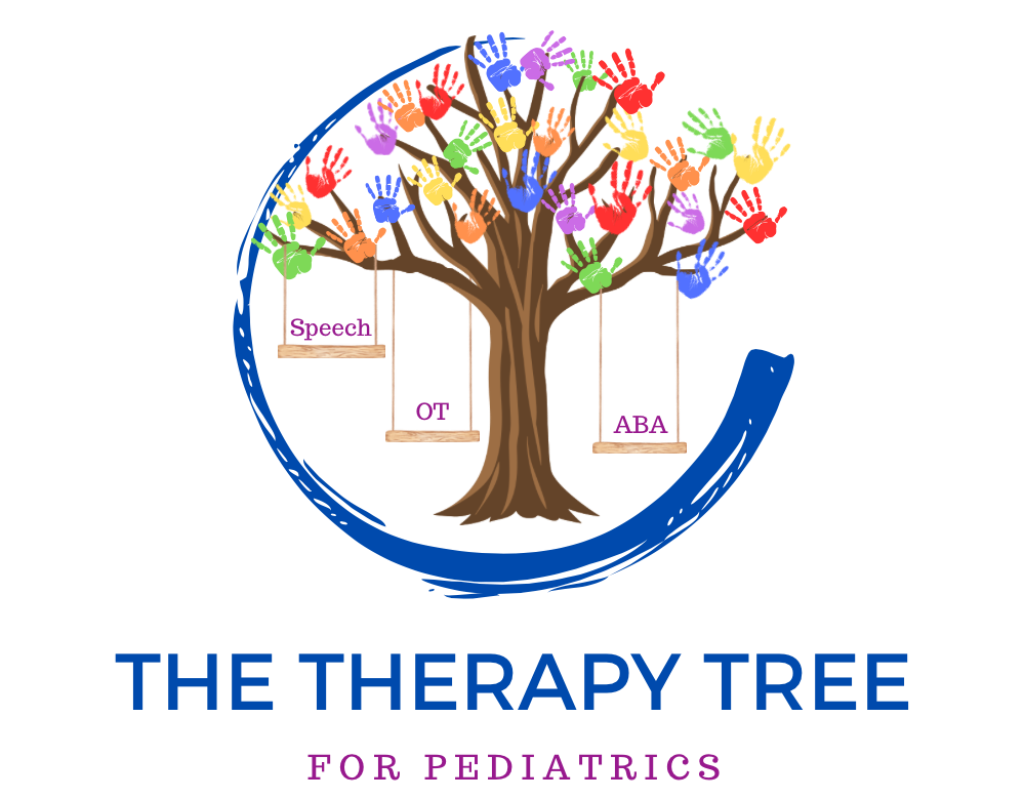How to Advocate for Your Child’s Therapy Needs
Advocating for your child’s therapy needs can be a challenging yet essential task. As a parent, you are your child’s best advocate, ensuring they receive the necessary services to support their development. Whether your child needs speech therapy, occupational therapy, physical therapy, or behavioral support, understanding how to navigate the system is crucial. Here’s how to effectively advocate for your child’s therapy needs.
Understand Your Child’s Needs
The first step in advocating for your child is to clearly understand their specific needs. This often involves:
- Observing your child: Take note of areas where they may be struggling, such as communication, motor skills, or social interactions.
- Seeking professional evaluations: Consult with pediatricians, therapists, or specialists to get a comprehensive evaluation of your child’s needs.
- Researching: Learn about the types of therapies available and how they can benefit your child. Understanding the terminology and therapeutic approaches will help you communicate more effectively with professionals.
Communicate Clearly and Effectively
Effective communication is key when working with therapists, teachers, and healthcare providers. Here’s how to ensure your message is heard:
- Be specific: Clearly state your concerns, what you believe your child needs, and why.
- Ask questions: Don’t hesitate to ask for clarification on terms, procedures, or recommendations.
- Document everything: Keep records of all communications, evaluations, and meetings. This documentation can be vital if you need to appeal a decision or seek additional services.
Build a Support Team
You don’t have to advocate for your child alone. Building a support team can provide you with additional resources and emotional backing. This team might include:
- Therapists and Specialists: These professionals can offer expert opinions and support your advocacy efforts with their assessments and recommendations.
- Teachers and School Staff: Collaborating with educators can help ensure your child’s therapy needs are met in the school environment.
- Parent Support Groups: Connecting with other parents who have navigated similar challenges can provide invaluable advice and encouragement.
Prepare for Meetings
Whether you’re meeting with school staff, healthcare providers, or insurance representatives, being well-prepared is essential. Here’s how to approach these meetings:
- Have a clear goal: Know what you want to achieve from the meeting, whether it’s securing an evaluation or obtaining insurance coverage.
- Bring documentation: Provide copies of evaluations, reports, and any relevant documentation that supports your child’s needs.
- Take notes: Record key points and decisions made during the meeting for your reference.
Stay Persistent and Patient
Advocating for your child’s therapy needs can sometimes be a long and frustrating process. It’s important to remain persistent and patient. If you encounter resistance or denial of services, don’t be discouraged:
- Appeal decisions: If a service or therapy is denied, learn about the appeal process and submit your case with supporting evidence.
- Seek second opinions: If you disagree with an evaluation or recommendation, getting a second opinion from another professional can provide additional support.
- Stay informed: Laws and policies regarding therapy services can change. Stay updated on any changes that could affect your child’s services.
Empower Your Child
As your child grows, involve them in the advocacy process as much as possible. This might include:
- Teaching them about their needs: Help your child understand their therapy and how it benefits them.
- Encouraging self-advocacy: As they mature, teach your child how to express their needs and communicate with therapists and teachers.
Advocating for your child’s therapy needs is a crucial responsibility that requires knowledge, persistence, and effective communication. By understanding your child’s needs, knowing your rights, and building a strong support network, you can ensure your child receives the therapy services they need to thrive. Remember, you are not alone in this journey—there are resources and people ready to support you every step of the way.
